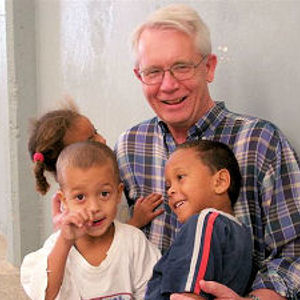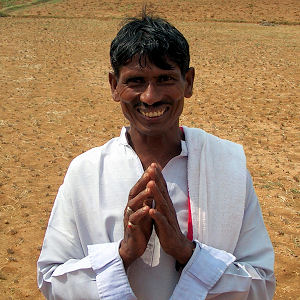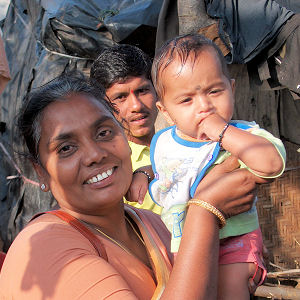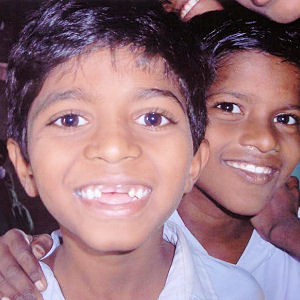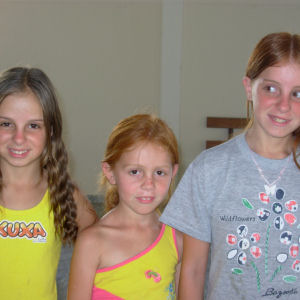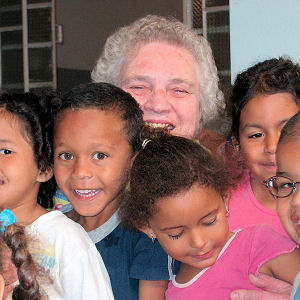Our partner on this multi-year and multi-faceted project is the Kaqchikel Presbytery (KP) of the Presbyterian Church of Guatemala, an indigenous church organization made up of women and men of the Kaqchikel Mayan ethnic group who live in the Chimaltenango region. It has as its goal that the communities it works with will reach better levels of organization, sustainable human development, consciousness, and participation in society without discrimination, and that this be an expression of the values and principles of the kingdom of God.
Sahakarini is continuing to support micro-credit, fuel efficient cooking stoves, water filters and the “NO” to violence against women project. In addition, we are supporting a new KP initiative for reforestation and other erosion reduction techniques.
In the 2012-2013 year, Alberta’s Community Initiatives Program (CIP) provided $18,000 to increase disbursements to the KP from Sahakarini to $43,800. The KP has experienced cutbacks from other donor sources; however the project coordinator, Ronaldo Similox, has assured us that they will continue to offer the programs that Sahakarini has funded.
Fire and Water: Stoves and Water Filters
In Guatemala, a leading cause of death in children under 5 years of age is respiratory disease. This is due in large measure to carbon monoxide exposure from the indoor fire pits traditionally used for cooking. There is also a huge risk that children will be burned. Environmentally, the practice of indoor pit fires requires plenty of fire wood, and contributes significantly to the rapid deforestation of the countryside.
The solution our partner has identified is a safer, more fuel-efficient and affordable stove. ONIL stoves, produced and assembled in the area, raise the fire off the ground, enclose it, and pipe smoke out of the house. They are inexpensive, easy to assemble, and easy to maintain and repair.
Clean, safe, reliable water sources can also be a problem in the Chimaltenango area. Water-borne illnesses are common. In response to this our partners offer a home-based water filter. Relying on gravity, these simple 2-bucket systems takes 15 minutes to set up and will provide 10 gallons of clean water per day. The filters clean the water, taking out 99% of parasites, bacteria such as E Coli and guinea worm.
For both the stoves and water filters, Sahakarini provides 80% of the purchase price. Recipients pay the rest, and participate in training sessions on the use and maintenance of these tools. in 2010-2011, the Kaqchikel Presbytery plans to distribute 150 stoves and filters.
Women’s Micro Credit Program
 Guatemalan women working with vegetables grown through their micro-credit funded small business
Guatemalan women working with vegetables grown through their micro-credit funded small businessIn Guatemala we are providing loans to 53 rural women in three villages to help them with small businesses that will earn them better incomes. Some will grow and sell vegetables, raise chickens, sell eggs and milk; some will make and sell aloe shampoo; and some will make and sell crafts such as baskets and weaving. The money they earn will help their families and especially the children whom they will be able to afford to send to school. As the women pay back the loans, they can borrow again or others can borrow enough to get started.
As one of the women told us, “Our children will change the world.” The resilience, strength and hopefulness of these women who have suffered unspeakably during the civil war and are continuing to experience uncertainty even today, is remarkable and inspiring.
Sahakarini’s micro credit project was highlighted in an elementary school resource package titled Development In A Box 1-6 produced by the Alberta Council for Global Cooperation. http://www.acgc.ca/09/images/file/resources/PU8-Sahakarini.pdf
A 2008 documentary film titled Where Credit Is Due, highlighted this successful project. The film maker, Hans Olson, stated:
“In 2005, I had the opportunity to live in Guatemala and work with an organization called the Kaqchikel Presbytery. After growing up in Alberta, this was quite the eye-opening experience to wake up to the sound of roosters, to eat homemade tortillas, and to be immersed in the colourful Mayan culture that defines the country. It was also a sobering experience – to live in a community where most kids don’t have the chance to go to high school, and where the memory of civil war is still painfully present. One of the most inspiring things that I witnessed was a microcredit program managed by a network of women. “Where Credit Is Due” tells the story of these women.”
The Alberta Council for Global Cooperation based a jr/sr high school Development in a Boxmodule around the film. http://www.acgc.ca/09/images/file/developmentinabox/DB1-Sahakarini.pdf








